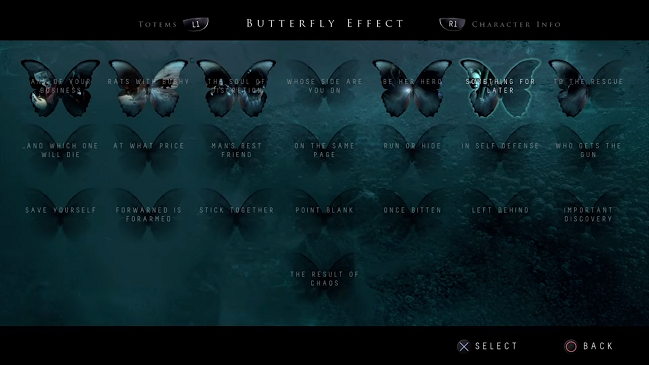Video Games and Storytelling
- zmh157
- Sep 24, 2015
- 3 min read
“Obviously, video games aren’t books. What’s less obvious, especially to fans of literary storytelling, is that video games are as captivating as good literature when they’re not trying to be literature. Games rev us up, make us laugh, even make us cry. But we aren’t being told a story. The story is happening to us, and this interactivity is what allows the best games to be as absorbing as good fiction.”
— John Michael Bell, "Are Video Games the New Novel?"

Three years ago BioWare officially announced the development of Dragon Age: Inquisition. At the time I’d never heard of Dragon Age—to be honest, I didn’t even know about the announcement until I looked it up twenty second ago. Still, the fact is, after some friends encouraged me to check the game out, I’ve come to love Dragon Age: Inquisition, and have started to play the other Dragon Age games as well.
My earliest encounter with BioWare involved watching my older brother play Star Wars: Knights of the Old Republic for hours on end. I wasn’t sitting in silence, eagerly waiting for a turn to play; no, I watching for the story. I wanted to see what would happen next. To me it was like watching a movie, but there was more than one possible, predetermined outcome, and I could help decide how the story would play out.
Of course, some video games do only have one possible outcome. Other video games (such as role-playing games or interactive dramas) are immersive, allowing the player to change the course of the narrative. With role-playing games, players are given the opportunity to place a customized character in a well-defined world. From there, the plot progresses with the decisions of the player as he or she assumes the role of the main character. In interactive dramas, such as Heavy Rain or the more recent Until Dawn, players make decisions for preexisting characters instead of creating their own avatar.
Video games have been described as “lacking narrative depth”, and that’s true in some cases. There’s really no need for a story in games like Pac Man, Angry Birds, or Minesweeper. Then you have games like Tomb Raider and various first-person shooters in which the story is really just a device to hold the game together.
On the other hand, more and more video game developers are proving that video games, even ones where you don't choose your own character or make all the decisions, have incredible storytelling potential. Games like BioWare’s Dragon Age and Mass Effect, Ubisoft’s Assassin’s Creed, Naughty Dog’s The Last of Us (which, by the way, is a personal favorite), Irrational Games' BioShock Infinite, and so on have been acknowledged for their remarkable stories.
Though games like The Last of Us don’t let you pick your dialogue or decide what you look like the stories they tell can be just as heartfelt, gritty, terrifying, and/or awe-inspiring. Video games allow players to interact with a story, and people who play video games invest just as much time and energy and love into playing video games as they might into a reading a novel. I’m not saying video games are the "new novel" or anything like that, but they are an undeniably important part of the new age of storytelling.
“Despite the dominant position the traditional written narrative has assumed in the modern English classroom, we must acknowledge that this is not the only (or even, always, the best) medium for telling stories…. As new forms of media have come onto the scene, it’s a testament to the deep-seated role that story plays in our lives that each new medium—radio, still images, film, television, and now the Internet and computers—in turn has been used to convey narratives.”
— Jonathan Ostenson, “Exploring the Boundaries of Narrative: Video Games in the English Classroom”
If you’re interested in learning more about video games and literature you can check out…
Games As Literature, a YouTube channel devoted to “[advancing] the study of video games as an art form, both in culture at large and specifically in the academic world.”
“Appetite for Risk: At the Intersection of Video Games and Literature” by Maxwell Neely-Cohen
“Good Video Games Are As Meaningful As Literature And Cinema” by Robin Burks
Literary Gaming by Astrid Ensslin























Comments